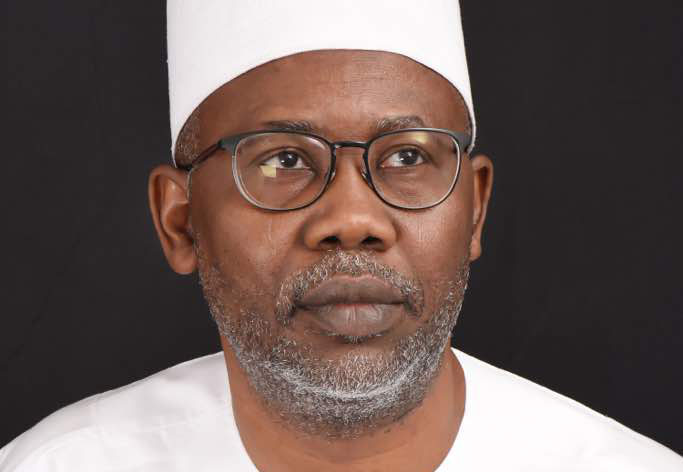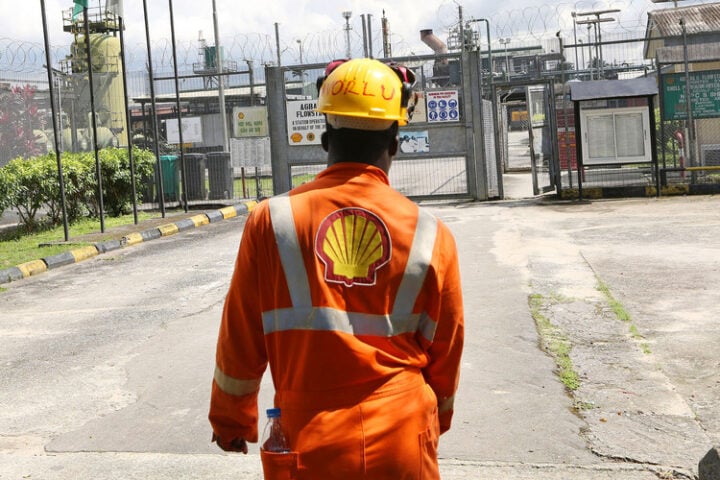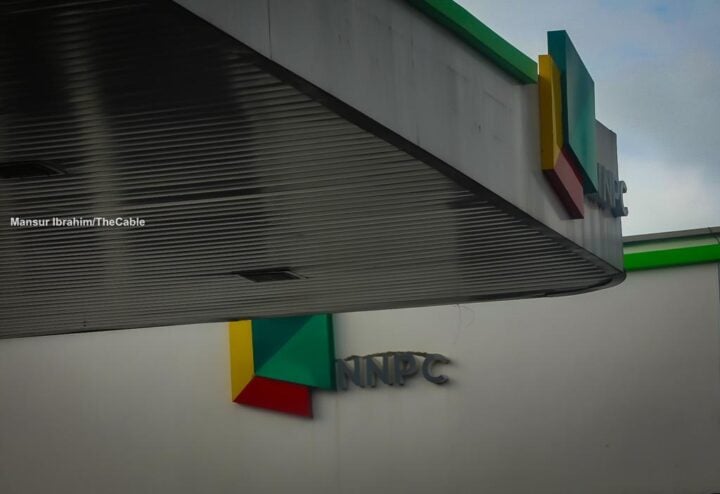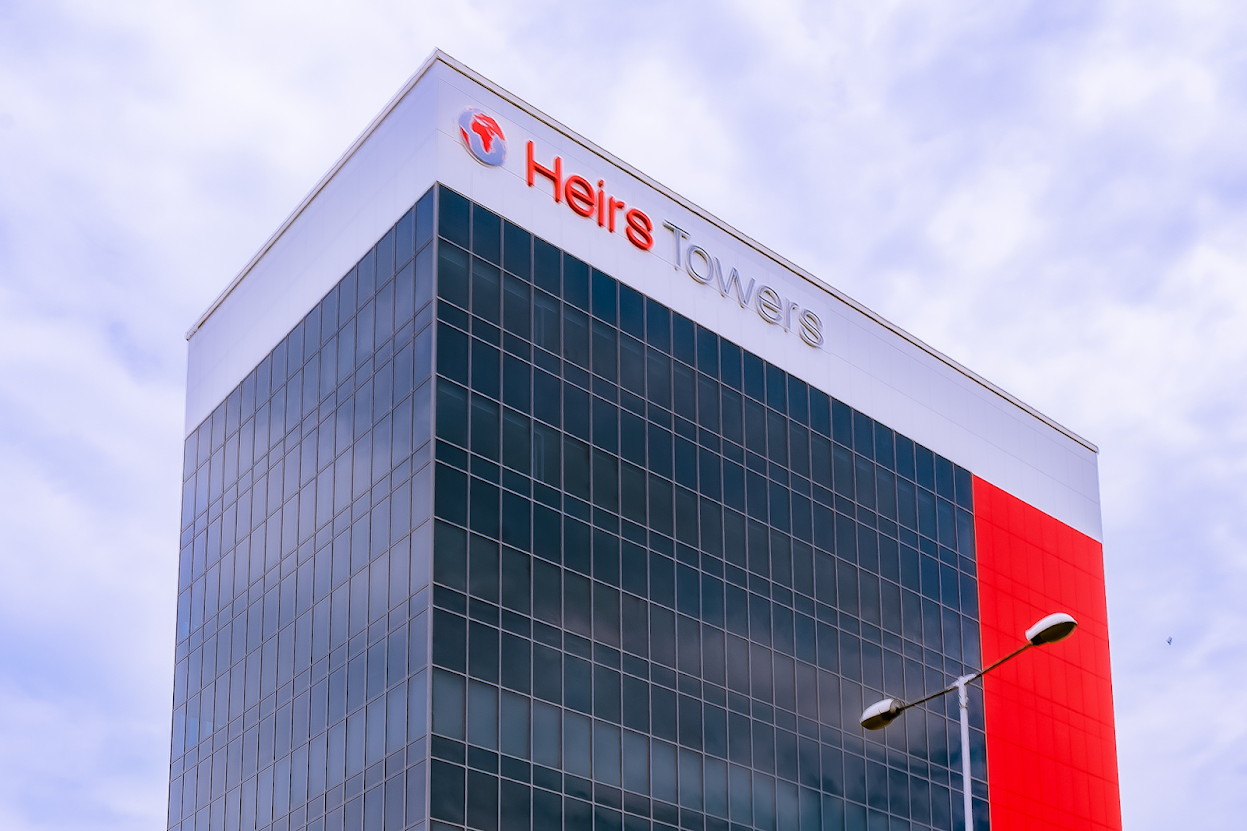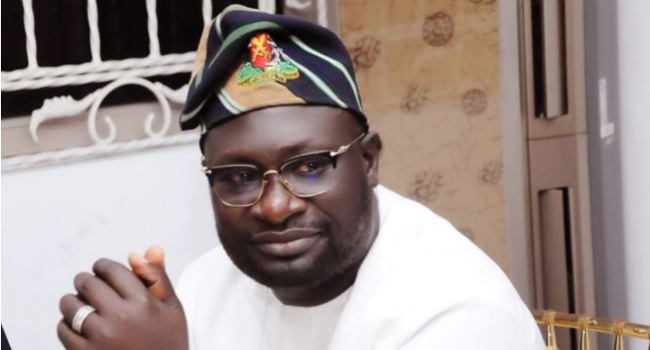Mohammed Bello Adoke, former attorney-general of the federation, has adopted his no case submission in the money laundering trial before Justice Inyang Ekwo of the federal high court sitting in Abuja.
Although there is no mention of the OPL 245 transaction in this particular trial, the same particulars were also charged by the Economic and Financial Crimes Commission (EFCC) before Justice Abubakar Kutigi of the FCT high court alleging that Adoke accepted a N300 million bribe from the sale of the oil block to Shell and Eni by Malabu Oil & Gas Ltd in 2011.
In response to Adoke’s no case submission, the EFCC had admitted before Justice Kutigi that it did not have evidence to establish bribery.
The same N300 million transaction — which Adoke said was a mortgage from Unity Bank — had been charged before Justice Ekwo as money laundering in 2017.
Advertisement
After the EFCC closed its case against Adoke and his co-defendant, Aliyu Abubakar, in November 2023, the former AGF made a no-case submission, asking the federal high court to dismiss the charges because the commission did not establish a case.
Adoke described the charges as “baseless and frivolous”.
On Thursday, Adoke and Aliyu adopted their no case submissions before the federal high court.
Advertisement
WHAT’S THE ISSUE?
In 2011, Adoke had taken a mortgage of N300 million from Unity Bank to buy a property valued at N500 million from Abubakar.
However, he failed to pay his own equity contribution of N200 million and the mortgage was cancelled in 2013.
Abubakar said he returned the N300 million to Unity Bank after finding a new buyer — the Central Bank of Nigeria (CBN).
Advertisement
But in 2017, the EFCC accused Adoke of handing the dollar equivalent of N300 million to Rislanudeen Mohammed, then acting managing director of Unity Bank, to refund the loan.
The commission said it was a breach of money laundering laws as it was above the N10 million threshold allowed, arguing further that a bureau de change (BDC) — which the bank used to convert the dollar to naira — is not a financial institution.
It accused Adoke and Abubakar of conspiring to commit the offence of money laundering.
Mohammed, in his testimony as prosecution witness for the EFCC, claimed he collected $2 million cash from Adoke and gave it to a BDC to convert to naira to refund the mortgage.
Advertisement
He said after the money was repaid, the bank returned the land documents to Abubakar and closed Adoke’s mortgage account.
Mohammed however said it was not a case of money laundering since a BDC is legally a financial institution.
Advertisement
He said he did not report the transaction to the security agencies such as the EFCC and the National Drug Law Enforcement Agency (NDLEA) because there was nothing suspicious about it, and that his office did not reprimand him as he did not commit any offence.
TheCable understands that Mohammed later apologised to Adoke in private, saying that the EFCC had threatened to arrest his wife and daughter if he did not agree to testify — albeit falsely — that he collected the cash directly from the former AGF.
Advertisement
Adoke said Ibrahim Magu, the former acting chairman of EFCC who oversaw the charges, has also apologised to him.
NO CASE
Advertisement
After conceding to Adoke’s no-case submission in the OPL 245/Malabu case before Kutigi, the anti-graft agency is maintaining its ground in the money laundering charges before Ekwo.
Its written address to the no case submission was filed by Uffem Uket, the same prosecutor who conceded before the FCT high court that the EFCC did not have enough evidence to prove the charges against Adoke and other defendants: Abubakar, Malabu Oil & Gas Ltd, Nigeria Agip Exploration Ltd, Shell Ultra Deep Nigeria Ltd, and Shell Nigeria Exploration Production Company Ltd (SNEPCo).
The EFCC insisted that Adoke and Abubakar committed acts of money laundering and that it had proved its case with eight exhibits and testimonies by nine witnesses.
In their response to EFCC’s written address, Adoke’s lawyers argued that the commission failed to address three issues and are effectively deemed to have been abandoned by them.
They wrote: “The following are some of the fundamental issues raised by the 1st Defendant (Adoke) in his No Case Submission to which the Complainant (EFCC) offered no response and are deemed admitted:
“(i) That the Prosecution’s case is that a bank loan is the source of the various sums charged.
“(ii) That there are inconsistencies in the evidence of the Prosecution’s witnesses (PW2 and PW3).
“(iii) That Section 16(1) of the Money Laundering (Prohibition) Act 2011 (as amended) under which the 1st defendant is charged does not provide for the offence of disguising the origin of the sum charged.
“The law is trite that where a party fails or neglects to counter any argument or issue validly raised in a Brief of Argument or Address, the issue not so contested is deemed conceded by the defaulting party.”
Adoke’s lawyers argued that the EFCC “has not pointed at any unlawful act done by the 1st Defendant. The sum charged in the various counts are monies loaned from the bank. The Complainant itself referred to the sum charged in the counts as loan from Unity Bank. The word loan (debt/indebtedness) is used 8 (Eight) times in the Complainant’s Written Address.”
They said there “is not the slightest evidence of any conspiracy”.
The lawyers argued that in the other case before the FCT high court, Ibrahim Ahmed, an EFCC witness, “admitted that the N300 Million charged therein is the same as the sum charged in this proceeding. It is therefore surprising that the Complainant, who had conceded that it had not established prima facie against the 1st Defendant in the FCT High Court proceeding, can turn around and contend that it has established a prima facie case warranting the 1st Defendant to enter his defence. The Complainant is not permitted to approbate and reprobate at the same time. It cannot blow hot and cold at the same time, as it seeks to do.”
The court adjourned till March 25 for ruling.
Add a comment
